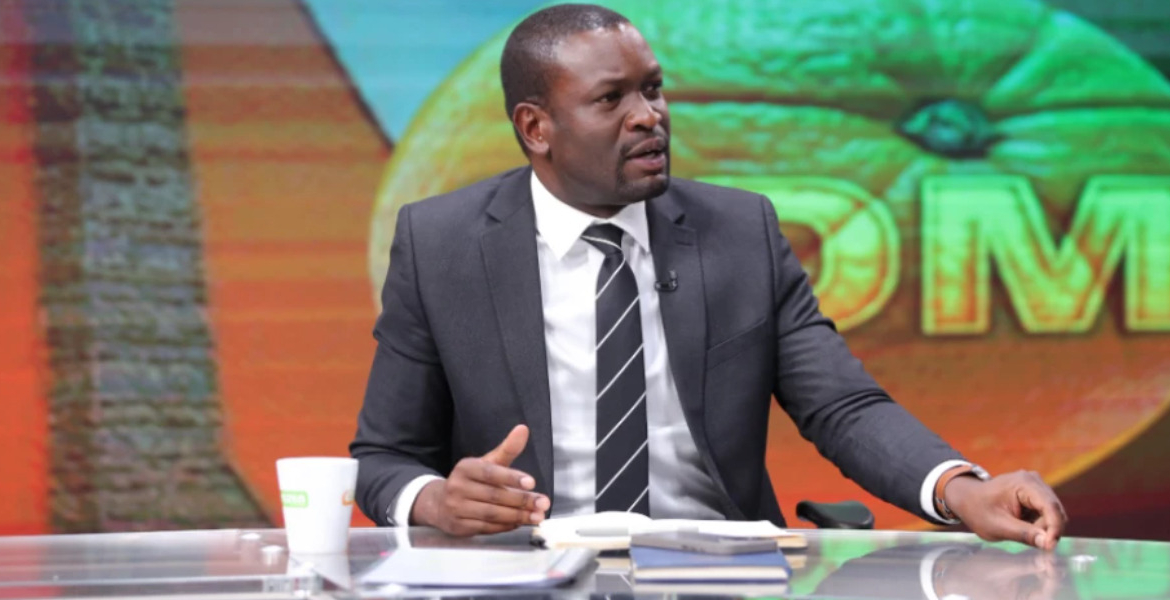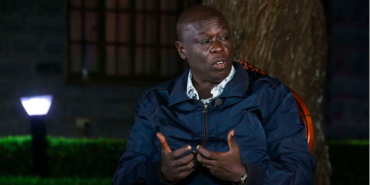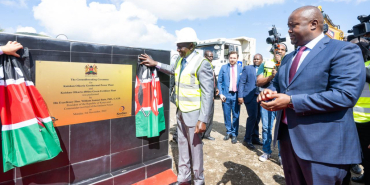Edwin Sifuna: ODM Rebel or Raila’s Strategic Voice?

The Orange Democratic Movement (ODM) is currently navigating a period of internal discord, triggered by its Secretary-General, Edwin Sifuna, who has publicly disavowed the party's cooperation agreement with President William Ruto's United Democratic Alliance (UDA).
In a recent televised interview, Sifuna asserted that the Memorandum of Understanding (MoU) between ODM and UDA is "dead," citing what he described as a fundamental breach of trust and the government's failure to uphold its commitments. He accused the Kenya Kwanza administration of perpetrating police brutality, enforced disappearances, and extrajudicial killings – actions he believes render the political alliance untenable.
"The price we are paying for this association is too high," Sifuna declared, arguing that ODM's identity and credibility are being compromised by its association with a regime he perceives as opposing constitutional values.
Sifuna's position contrasts sharply with that of ODM party leader Raila Odinga, who recently reaffirmed the party's commitment to the MoU until 2027. Odinga defended the decision as a pragmatic response to the preceding year's youth-led protests, which he believes posed a threat to national stability. He maintained that collaboration was essential to prevent a descent into chaos, drawing parallels with situations in Somalia or Sudan.
"We are in the broad-based government until 2027. We did not say that we are going to work with UDA beyond 2027," Odinga clarified in a weekend interview.
Despite this contradiction, Odinga has previously endorsed Sifuna's role as the party's official spokesperson, acknowledging the legitimacy of internal dissent. This apparent duality has sparked speculation that Sifuna may be strategically positioned as a voice of opposition within ODM – either as a counterbalance to Odinga's conciliatory approach or as a calculated manoeuvre to prepare the party for a post-coalition era.
Sifuna's rhetoric has become increasingly uncompromising. He has labelled President Ruto's removal from office a "national priority" and cautioned that ODM risks forfeiting its electoral prospects if it remains allied with the current administration.
"If you stick with the government until 2027, you don't have time to prepare the party for elections," he warned, suggesting that ODM must urgently reassert its independence to present a credible electoral challenge.
The senator's defiance has not gone unnoticed within ODM’s ranks. While some party officials have defended his right to express dissent, others have criticised his remarks as divisive and unrepresentative of the party's official stance. ODM CEO Oduor Ong’wen recently reaffirmed Sifuna's authority as the party's spokesperson, but also emphasised that any move to remove him would follow internal democratic procedures.
Amid the internal upheaval, Sifuna has issued an apology to ODM supporters for the confusion surrounding the party's stance. He acknowledged that inconsistent messaging – particularly from ODM members now serving in government – has complicated the articulation of a unified party line. "There was a time when it was easy to be SG of ODM. Now, I struggle to explain that we are the same political party," he admitted.
As the 2027 elections draw closer, the party confronts a critical decision: whether to maintain its engagement with the ruling coalition or to reclaim its traditional role as a vocal counterweight to executive power.








Add new comment